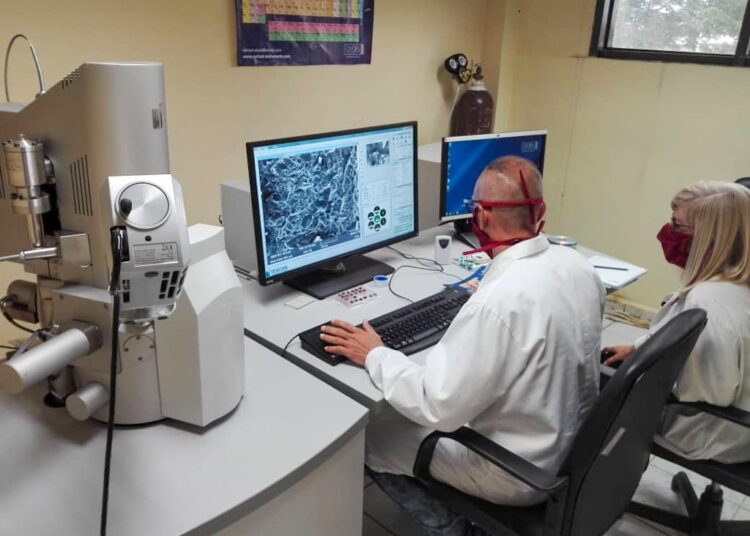The U.S. National Institutes of Health (NIH) has banned scientists from Cuba and five other “countries of concern” from accessing 21 biomedical databases, according to the U.S. magazine Science.
According to the published information, these records contain information on genetic variations, cancer cases, and neurodegenerative diseases, among other data.
In addition to Cuba, the other “countries of concern” for the Trump Administration, which took the measure last April 2, are China, Iran, Russia, North Korea, and Venezuela.
Cuban scientists used these databases for biomedical studies, for example, so that the measure will affect some ongoing research in Cuban science.
“This new blockade will definitely delay our understanding of many diseases and potentially affect patients,” said Tania Crombet Ramos, medical director of the Center for Molecular Immunology (CIM) in Havana.
It not only prohibits access to these databases, but puts an end to any project in which these sites participate alongside scientists from any of these six countries.
“At a time when the study of genetic variation is fundamental to pinpointing causes and cures for diseases, this seems like a senseless expression of rancor,” said Pedro Antonio Valdés Sosa, a neuroinformatician at the University of Electronic Science and Technology of China.
According to Science, the scientist has used for his research one of the databases blocked for these countries, specifically for studies on the development of the infant brain.
Gladys Maestre, a Venezuelan neuroscientist at the University of Texas Rio Grande Valley, pointed out that the measure could be truly devastating for scientists.
The US and the health blockade
Although former President Joe Biden had imposed restrictions on foreign access to these databases, the new measure is much stronger.
According to the US Department of Justice (DOJ), “hostile intelligence services could use such data to blackmail and coerce, identify high-risk government personnel and sensitive locations, and conduct offensive cyber operations.”
For the DOJ, access to “massive human genomic data” could help “adversaries” create new biological weapons.
However, the White House’s new ban has behind it a clear political intention to block the development of science in countries it considers “worrisome”.
According to Andrew Nixon, director of communications at the U.S. Department of Health and Human Services, “NIH takes security oversight, including the confidentiality, integrity, and availability of participant data, very seriously.”
What the Trump Administration does not say is that some of the data collected at these banned medical sites were developed by Chinese scientists, according to a statement from the Chinese genomics company, BGI Group, cited by Science.
Since April 4, for example, thousands of Chinese scientists have been barred from accessing the Surveillance, Epidemiology and End Results (SEER) Program, a database of cancer cases in the United States, considered the largest repository of its kind worldwide.
The ban would affect scientists in these countries researching neurodegenerative diseases and cancer, for example, as well as the patients who suffer from them.








